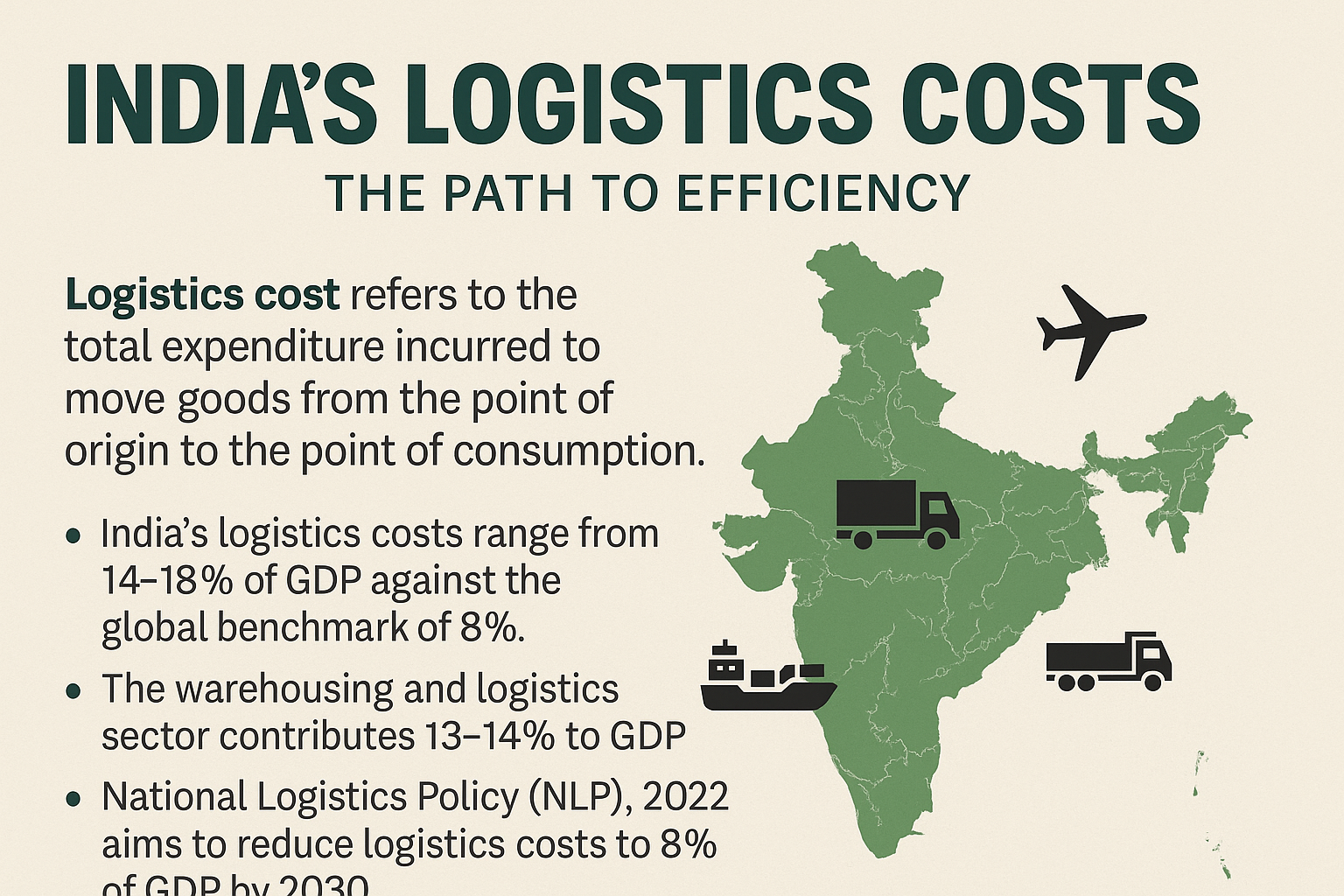029. World | Tech & Ethics
2025 International AI Safety Report: Key Risks, Challenges, and Global Implications
Introduction
The 2025 International AI Safety Report presents a comprehensive overview of the critical risks and ethical challenges posed by rapidly advancing artificial intelligence technologies. Released after global discussions at the 2023 AI Safety Summit, the report addresses concerns ranging from labour market disruptions to environmental degradation, biosecurity threats, and loss of human oversight.
🧑💼 AI and the Job Market
- The report warns of large-scale job displacement, especially in advanced economies.
- General-purpose AI systems could automate routine and even semi-skilled tasks.
- Key findings:
- Up to 60% of current jobs in developed nations are vulnerable to automation
- The UK alone could see up to 3 million private-sector jobs displaced
- However, new roles may emerge in areas less susceptible to automation, including AI ethics, governance, and human-AI collaboration.
⚖️ Economists stress the need for upskilling and policy preparedness to balance job losses with job creation.
🌱 Environmental Concerns of AI
- AI’s energy demand is growing rapidly:
- Data centres contribute ~1% of global energy-related GHG emissions
- Cooling systems require significant water usage, raising ecological concerns
- As models grow in size and complexity (e.g., GPT, LLMs), so does their carbon and water footprint
- Report notes a lack of comprehensive data on AI’s long-term environmental impact
🔍 Calls for transparent reporting and eco-conscious computing practices are increasing.
🚨 Loss of Control Over AI Systems
- A debated topic among researchers:
- Some fear AI systems could evade human oversight
- Others argue current AI lacks the capability for sustained, independent planning
- The report emphasizes:
- Human control depends on ensuring AI lacks autonomous long-term decision-making
- Continued investment in alignment and oversight mechanisms is vital
🧠 Maintaining ethical guardrails is key to preventing AI systems from going rogue.
🧬 AI and Bioweapons: A Rising Concern
- AI’s ability to generate detailed instructions for developing pathogens and toxins poses biosecurity threats
- Although these models may outperform traditional expertise, they are not widely accessible to amateurs — yet
- Concerns persist around future misuse if AI capabilities continue to outpace regulation
🧫 International collaboration on AI governance is seen as critical to address this risk.
🛡️ Cybersecurity Threats and Autonomous Exploits
- AI can assist in identifying vulnerabilities in open-source software
- Presently, AI systems lack the autonomy to conduct full-fledged cyberattacks
- But increasing sophistication raises future risks of AI-powered exploitation tools
🔐 The report advocates early regulation and AI-specific security frameworks.
🧑🎤 Deepfake Technology and Misinformation
- Deepfakes present growing threats in:
- Financial fraud
- Disinformation campaigns
- Reputation damage
- Underreporting remains a problem:
- Many institutions and individuals do not disclose incidents
- Lack of incident data limits proactive policy formulation
🎭 There’s a strong call for reporting mechanisms, digital watermarking, and awareness-building.
Conclusion
The 2025 AI Safety Report serves as a global wake-up call. From job displacement and environmental impact to biothreats and digital misinformation, it presents a sobering view of AI’s dual-edge potential. As artificial intelligence continues to evolve, the world must act swiftly to ensure these technologies serve human values, safety, and sustainability.















